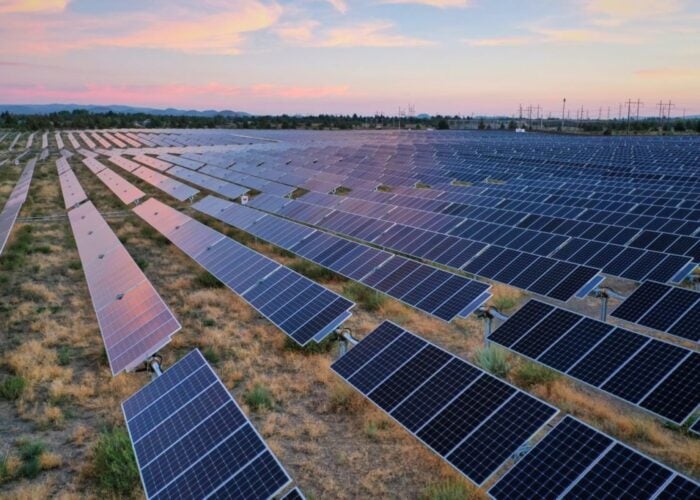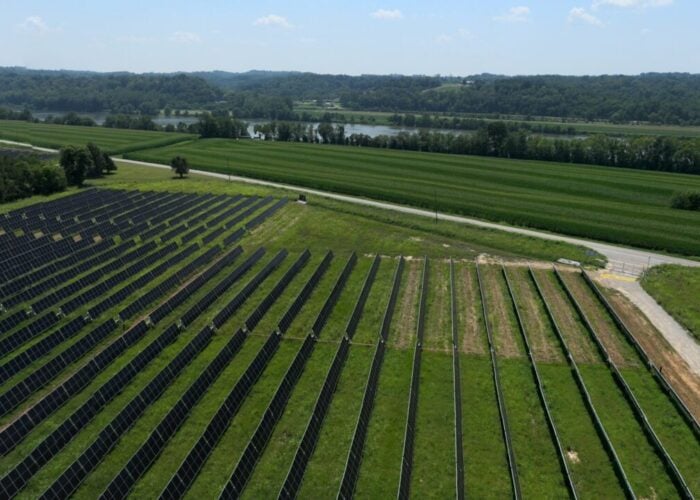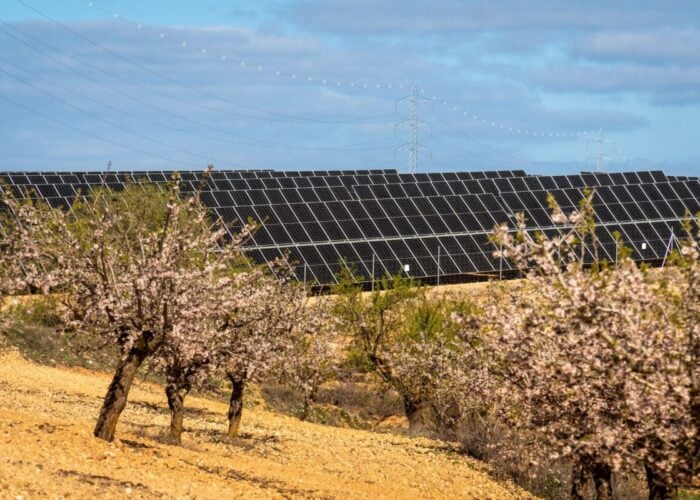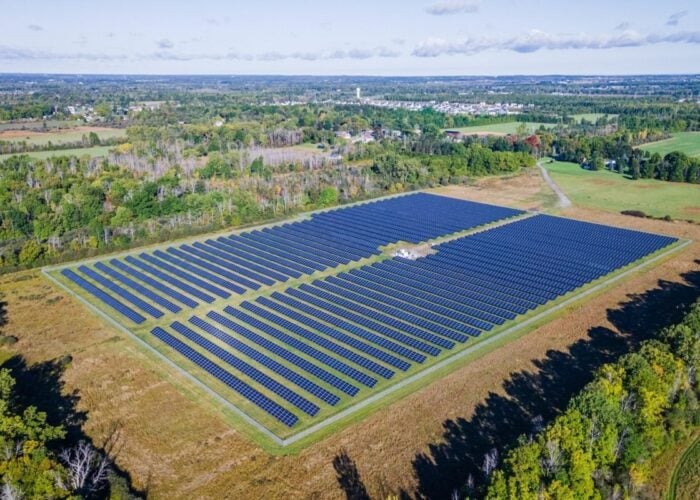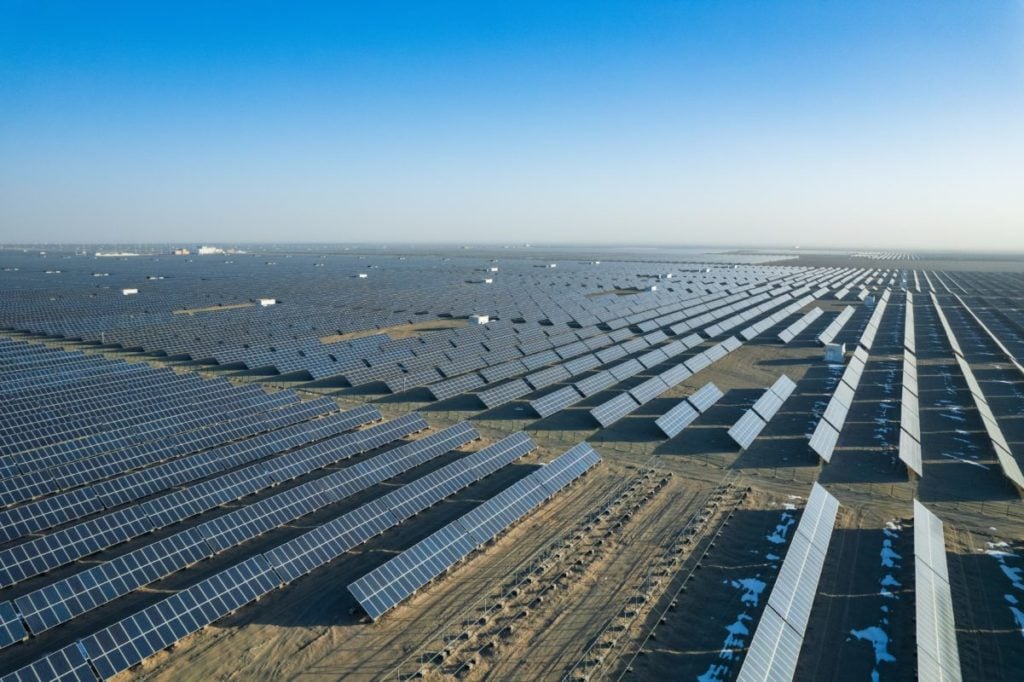
Global solar debt financing has reached a record high of US$12.2 billion in the first half of 2024, according to market research firm Mercom Capital Group.
Although solar debt financing has reached its highest level in any H1 over the past decade, total corporate funding decreased from the same period in 2023. During H1 2024, a total of US$16.6 billion in global corporate funding was recorded, a 10% drop from the same period last year.
Try Premium for just $1
- Full premium access for the first month at only $1
- Converts to an annual rate after 30 days unless cancelled
- Cancel anytime during the trial period
Premium Benefits
- Expert industry analysis and interviews
- Digital access to PV Tech Power journal
- Exclusive event discounts
Or get the full Premium subscription right away
Or continue reading this article for free
Solar venture capital funding activity also decreased year-on-year with a 29% drop. In total 29 deals raised US$2.7 billion in H1 2024, compared to the 33 deals worth US$3.8 billion in H1 2023. Among the most notable deals were made by US solar project company Pine Gate Renewables, which raised US$650 million; US community solar developer Nexamp, which raised US$520 million to expand its operations into new markets; and US independent power producer Doral Renewables, which secured US$400 million to support its pipeline of over 13GW of renewables.
Project acquisitions have also dropped compared to the same period in 2023, from 25.5GW in H1 2023 to 18.5GW in H1 2024, with 116 and 113 projects acquired, respectively. Project developers and independent power producers have been the most active acquirers of solar projects during the second quarter of 2024, with 3.4GW, followed by other companies – including insurance providers, pension funds and others – with 1.6GW. Utilities have acquired 1.3GW of solar PV projects in Q2 2024.
“Financing activity in the solar sector remains restrained despite tailwinds from the Inflation Reduction Act and favourable global policies. High interest rates, an uncertain rate trajectory and timeline, increasing trade barriers, supply chain challenges, concerns about the U.S. presidential election’s impact on the sector, and constantly evolving trade policies have created an unpredictable and uncertain climate. This has slowed down development, investments, and decision-making,” said Raj Prabhu, CEO of Mercom Capital Group.


